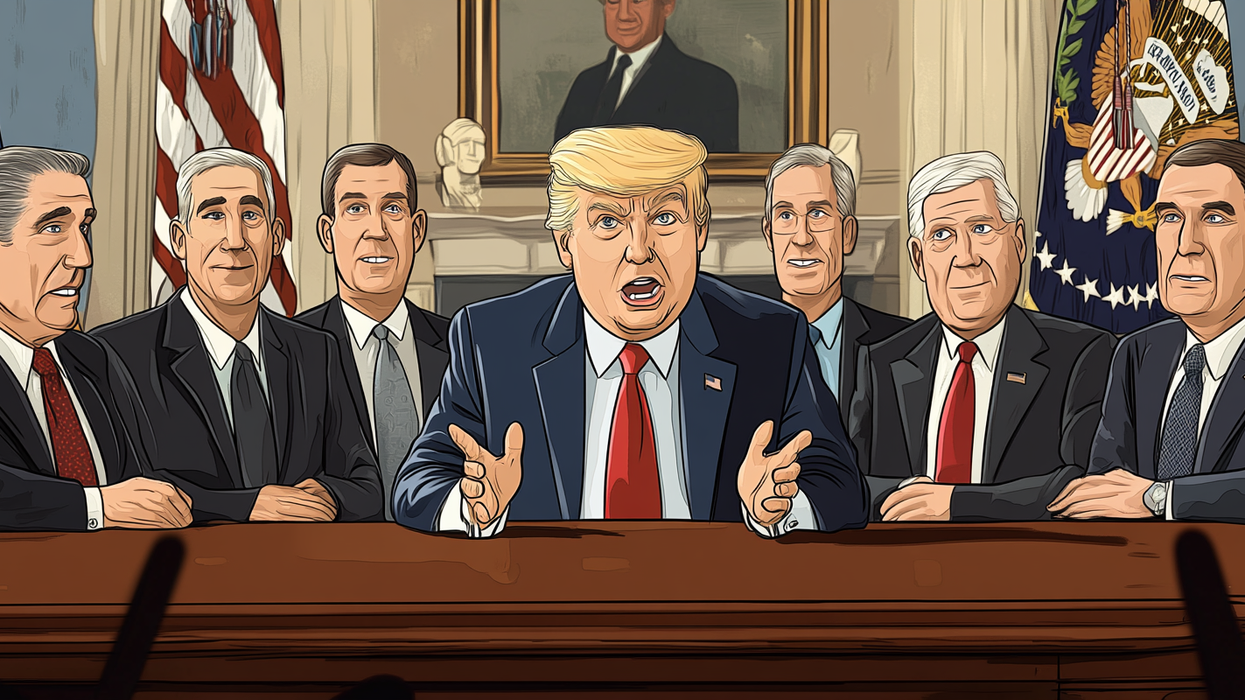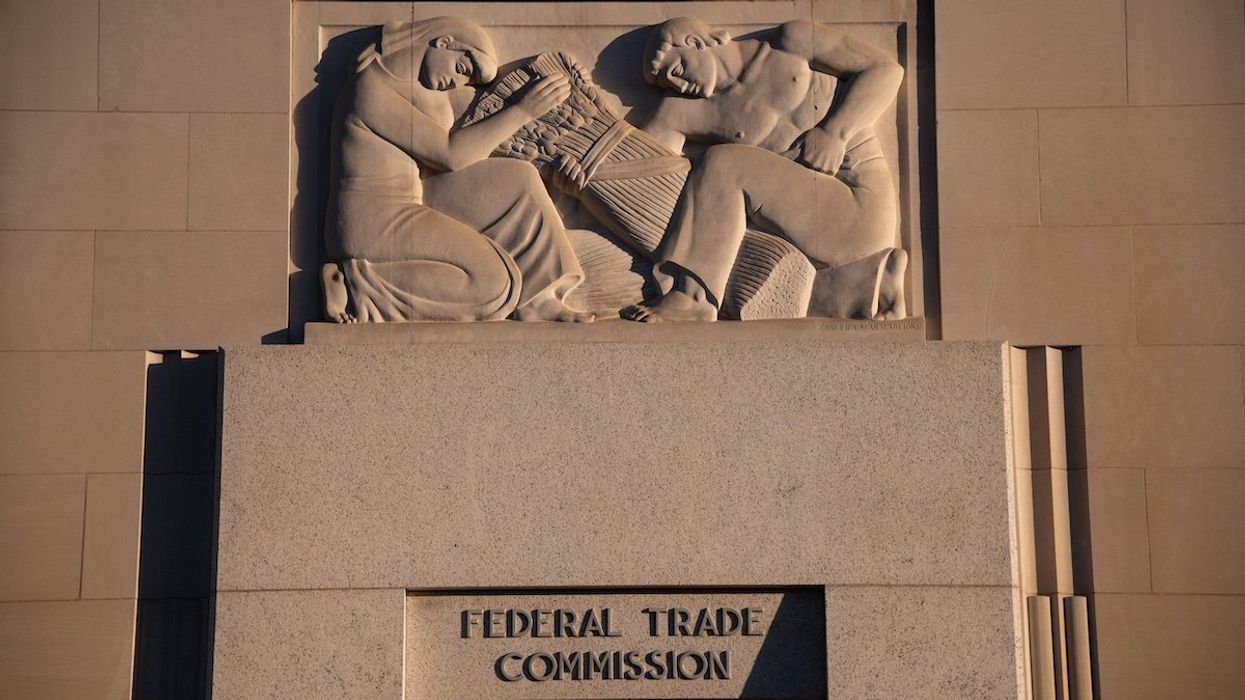GZERO AI
What Donald Trump’s Cabinet picks mean for AI
Donald Trump isn’t finished nominating his presidential Cabinet — and some of his top candidates might have a tricky time getting confirmed. Still, his early picks already offer signs about how the president-elect might direct his federal government’s approach to artificial intelligence.
Nov 19, 2024


